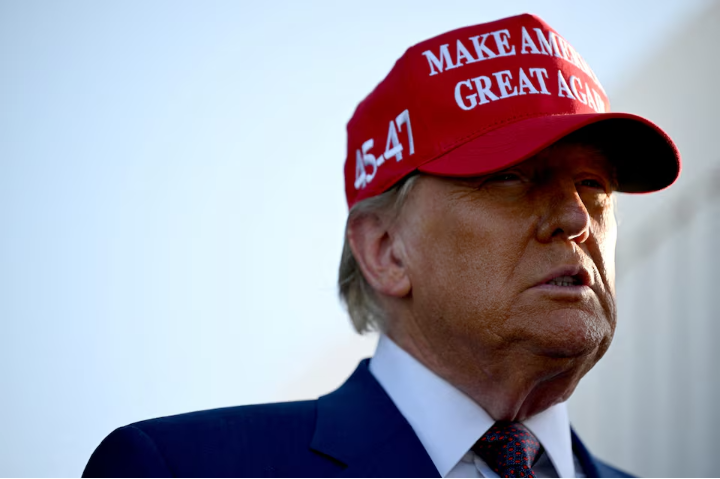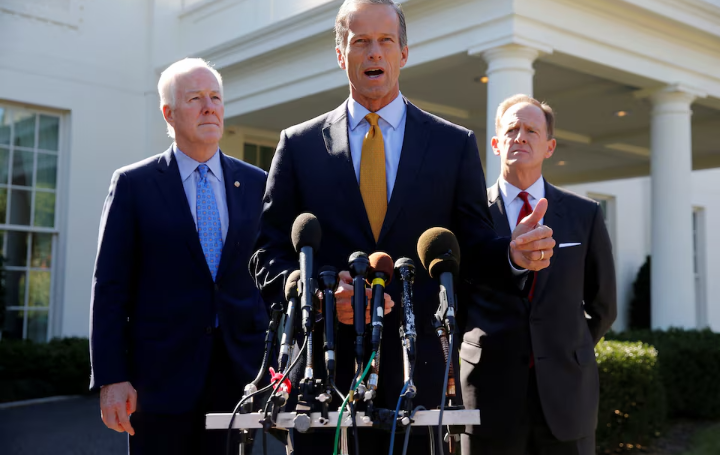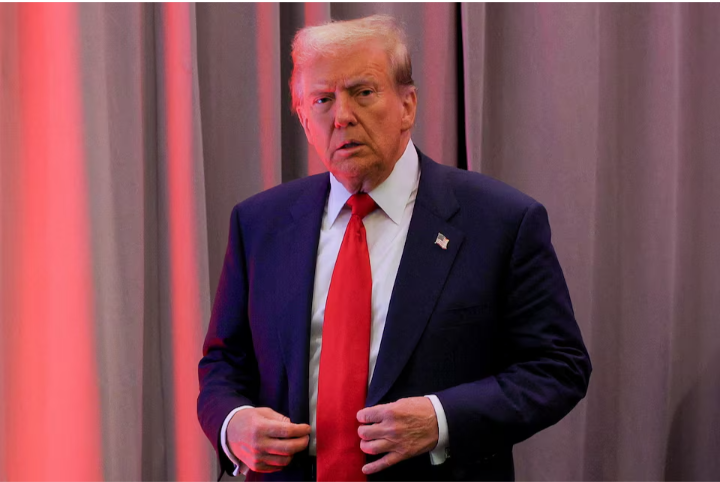President-elect Donald Trump is preparing to usher in a landmark expansion of "school choice" initiatives, a longstanding conservative priority. The proposed plan, centered around tax credits for donations to private-school scholarship funds, could enable hundreds of thousands of families to access private education. Unlike direct federal funding, this strategy sidesteps governmental control by incentivizing businesses and individuals to contribute to these scholarships. Families earning up to three times their area's median income would qualify to use these funds for tuition, tutoring, and other educational expenses. Advocates argue this tax-credit approach—expected to cost the government $5 billion annually in lost revenue—offers a streamlined solution, avoiding the bureaucratic hurdles that plagued past voucher programs.
Trump has reaffirmed his commitment by appointing Linda McMahon, a staunch school choice advocate, as Education Secretary. McMahon, who chaired the America First Policy Institute and served in Trump’s previous administration, is expected to champion this effort with vigor. The initiative aligns with the Republican-controlled Congress's legislative agenda, increasing its likelihood of passing. While similar state-level programs have already benefited over 365,000 students with $1.8 billion in scholarships, this federal plan could expand opportunities nationwide, including in Democratic-led states that lack school choice programs. Supporters like Nate Bailey, a former Department of Education official, describe the effort as a "game-changer" with unprecedented momentum.
Critics, including the National Education Association (NEA), argue the initiative threatens public education by diverting resources to private schools, which lack transparency and serve fewer students. They equate the tax credits to indirect vouchers, undermining the public education system that serves 50 million children. Despite resistance from unions and rural voters, Republicans see tax credits as a politically palatable alternative to vouchers, which have faced voter pushback in recent years. Experts suggest this measured approach could be the first step in a broader push to privatize education. If successful, Trump's school choice expansion could redefine the U.S. education landscape, sparking a heated debate over the future of public schools.





